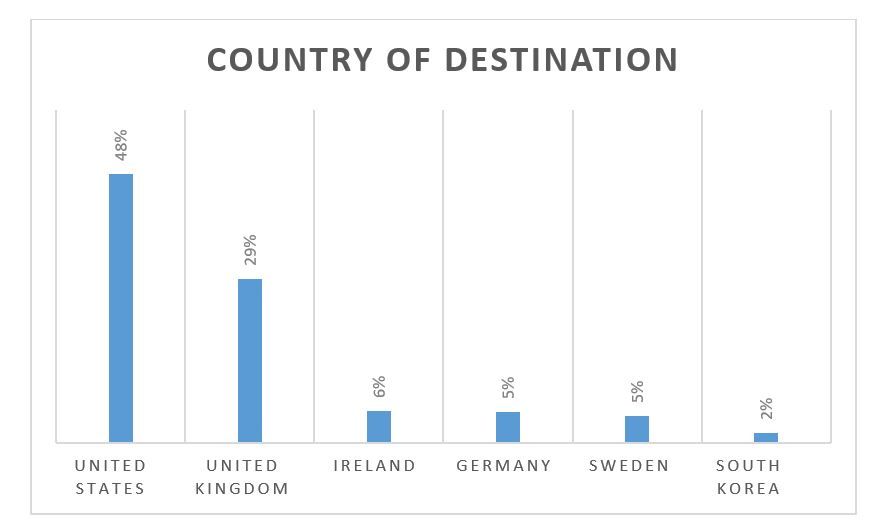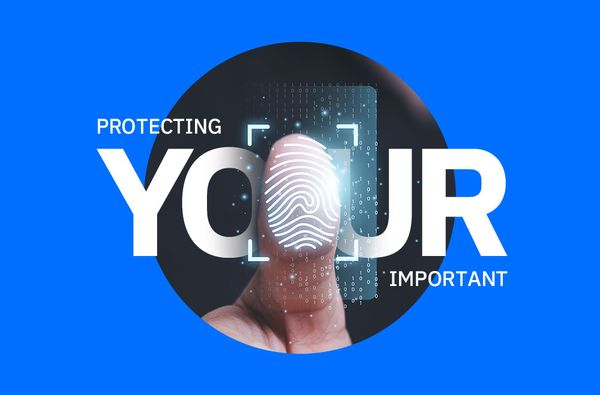Cybercrooks Leverage Death of Queen Elizabeth II to Steal Users’ Microsoft Credentials

Cybercriminals were quick to exploit the passing of Britain's longest-reigning monarch, Queen Elizabeth II.
On Sept. 12, just four days after the death of Her Majesty the Queen, Bitdefender telemetry picked up a wave of fraudulent messages aimed at stealing Microsoft credentials under the guise of an “AI memory board” in her honor.

Upon accessing the embedded link, users were directed to a fake Microsoft landing page that would harvest Microsoft credentials from unwary users.
Subject lines vary and include:
- Be part of our AI hub in honor of Queen Elizabeth II
- Be part of our AI hub in honour of her Majesty Queen Elizabeth II
- Be part of our AI hub in memory of Queen Elizabeth II
- Be part of our AI space in honor of her Majesty Queen Elizabeth II
- Be part of our AI technologies space in memory of her Majesty Queen Elizabeth II
- Join our AI hub in honor of Queen Elizabeth II
- Join our artificial intelligence technology space in memory of her Majesty Queen Elizabeth II
Although the campaign had a global outreach, spammers had a clear focus, with phishing emails targeting the US, UK, Ireland, Germany, Sweden and South Korea.

According to the latest analysis from Bitdefender Labs, the phishing campaign was short-lived, with traffic to fraudulent webpages disappearing within two days of detection. Phishing campaigns are often cut short to try to evade antispam filters, and although the webpages are no longer active, cyberthieves could experiment with similar ruses to deceive recipients.
The UK’s National Cyber Security Centre has also warned about potential scams and phishing attacks during the national period of mourning.
The agency advises users to remain cautious and scrutinize unsolicited emails, text messages, and other communications regarding funeral arrangements and participation at Her Majesty The Queen’s Lying-in-State at the Palace of Westminster.
tags
Author
Alina is a history buff passionate about cybersecurity and anything sci-fi, advocating Bitdefender technologies and solutions. She spends most of her time between her two feline friends and traveling.
View all postsRight now Top posts
Outpacing Cyberthreats: Bitdefender Together with Scuderia Ferrari HP in 2025
March 12, 2025
Streamjacking Scams On YouTube Leverage CS2 Pro Player Championships to Defraud Gamers
February 20, 2025
How to Identify and Protect Yourself from Gaming Laptop Scams
February 11, 2025
Your Device ‘Fingerprint’ Will Go to Advertisers Starting February 2025
December 24, 2024
FOLLOW US ON SOCIAL MEDIA
You might also like
Bookmarks








